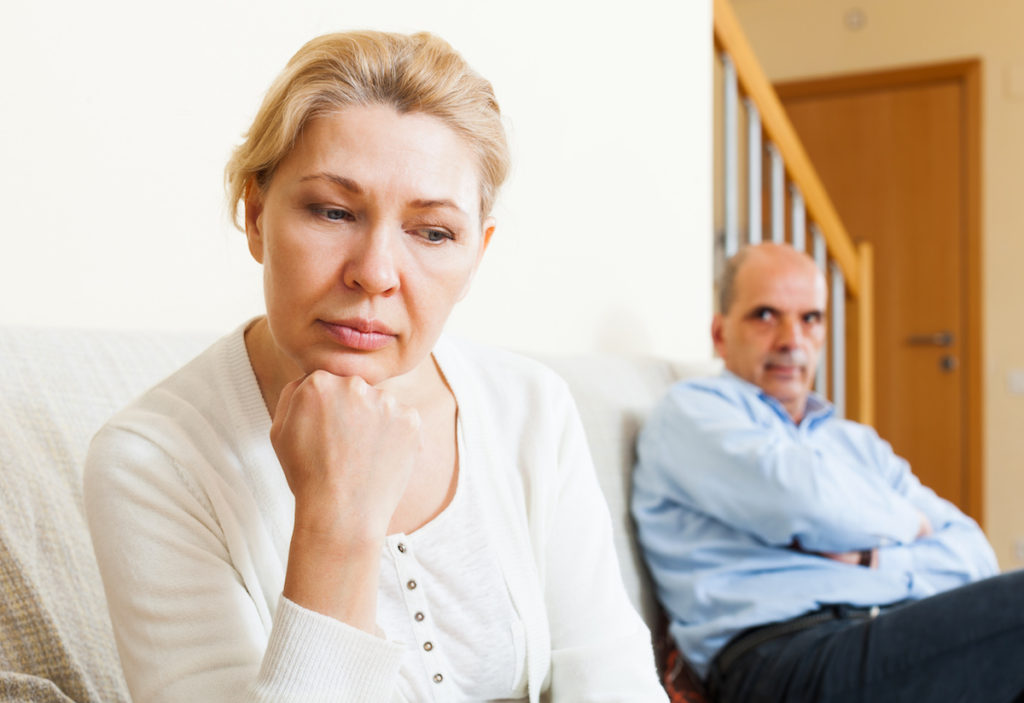Lorelie Rozzano is a guest blogger for Vertava Health.
Without Help, Families Risk Becoming As Sick As Their Addicted Loved Ones.
Addiction continues to flourish nationwide. We have an epidemic that is killing more people now than ever before. To curb this crisis, much has to change. Legislation, insurance, more treatment beds, longer treatment stays, mandatory specialized addiction training for doctors who prescribe narcotics and prescription monitoring and overview, but the biggest changes are still the ones we can make in our own homes. Addiction is a family disease. Nobody becomes an IV user the first time they try drugs. It happens over time. This illness is progressive in nature and there are signs along the way. The truth is, addiction needs help to reach its full potential. This is where the family enters the picture. As a recovering addict working in the field of addiction, I spend most of my time helping the addict’s family understand the role they play in their loved one’s illness. The addict’s sole focus is their next high, while the family’s focus is the addict. It’s this outward focus that keeps all parties spinning in circles. Breaking the cycle of addiction doesn’t begin with someone else. You can’t change other people no matter how much you try. But you can change yourself and the way that you interact with them, which ultimately changes the outcome. To facilitate this, you’ll need help and support to do what’s necessary. Understanding the difference between helping your loved one and enabling their illness is crucial. A big flashing neon sign that says you are a part of the problem, is if you’re the first person the addict calls when needing help. There’s a reason they’ve chosen you to call and as much as you might like to think it’s because you know and understand them better than anyone else in your family, it’s not that. It’s much simpler. They call you first, because you are easier to manipulate than everyone else. They know you’ll jump into rescue mode and do for them what they can and should be doing for themselves. To give your addicted loved one the best chance of succeeding in their recovery you cannot negotiate with abusive, bullying, dishonest or manipulative behaviors. This is why healthy boundaries are needed. Many families falsely believe that when boundaries are set, they’re abandoning their loved one or pushing them deeper into their addiction. This is not true! In fact, it’s just the opposite. Families must set boundaries to protect themselves from becoming sick, also. You can’t help your sick loved one if you’re colluding with their disease and your thinking has become as impaired as theirs. Addicts won’t recover if they can manipulate the people who love them. Families must come together in unity to fight against the addiction that has stolen their loved one away from them. This can be a big challenge. Trying to get the primary enabler – the go to person the addict relies on to bail them out – to stop enabling, can be just as difficult as getting the addicted person to quit using substances. Although you may view your addicted loved one as the same person they were before they became addicted, they’re not. You can’t see their altered brain, but you can you see the results of their best thinking. This alone should tell you they’re not who they once were. Addiction has hijacked their reasoning and ability to tell, see and hear the truth. Trying to get an addict to come to their senses will only leave you feeling crazy. It doesn’t work. But boundaries, bottom lines and interventions, do. When I was using I took full advantage of anyone who allowed me too. It wasn’t until my friends and family said no more (and meant it) that I was forced to face the consequences of my actions. Out of options – homeless, jobless, and broke – I agreed to get the help that had been offered to me. But first I went off the deep end. (This is why families need support, there are difficult days ahead of you when you start setting boundaries. Without support your guilt or anxiety maybe so uncomfortable you’ll seek relief by enabling once again) When my family stopped enabling me and left me to my own devices, I was high around the clock. Even my druggie friends grew tired of me. With no one to hit up or front my drug habit, I picked up the phone and called the people who always bailed me out… my family. Only this time they stood their ground. At the time, I hated them for it. It meant I was going to treatment. Today, I owe them my life. Had they not found the courage to say no and hold their bottom line, I’d be dead. Doing the right thing feels very wrong but know that by setting healthy boundaries you are actually doing the kindest, most responsible and loving thing you will ever do for you and for them. Lowering your moral standards to accommodate unhealthy and deadly behavior is not loving, it’s codependent. When there’s addiction in the family you’re either part of the problem or part of the solution. There is no middle ground. Without help families risk becoming as sick as their addicted loved one. Recovering from addiction – yours or someone else’s – is a community event. You can’t do it alone. To learn more about setting boundaries and staying healthy you can join a 12 step family group or call the number below. If you or someone you know needs help, please call this confidential support line for assistance 844-470-0410.


